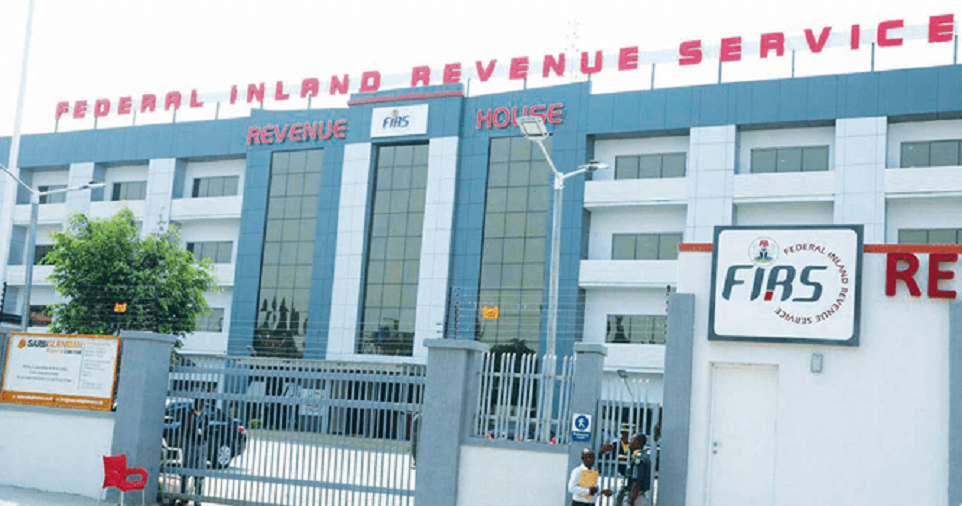Nigeria's Tax Agency, FIRS Says 100% Collection Target Achieved in 2021

The year 2021 was a critical one for tax administration in Nigeria. In line with the law, 2021 corporate income tax revenue was based on business profits of 2020.
In year 2020, the country entered into economic recession for the second time in 5 years. The recession was caused by a 5-month lockdown occasioned by the Coronavirus pandemic. To compound the economic challenges of Covid-19, business activities were disrupted by the End-SARS protests.
Due to the recession, many businesses struggled to survive with very few reporting profits. The base for corporate tax was grossly eroded due to losses and business failures.
Upon the coming into office of the current Management, FIRS began strategic administrative and operational reforms including implementation of new policies that would improve its capacity to achieve its mandate.
The deployment of the new automated tax administration system (the “TaxPro Max”) in June 2021 was a game-changer. With the solution, taxpayers experienced ease of registration, reporting, payment and issuance of Tax Clearance Certificates while the Service experienced greater efficiency in the deployment of resources thereby leading to improved revenue collection.
The year was indeed very challenging but it opened a new vista of opportunities leading to very encouraging results.
A major setback faced by the Service, and which negatively affected the full implementation of its reforms, efficiency and achievements was the very strong opposition mounted against its statutory mandate by certain interests. The controversies created dilemmas for many taxpayers as regards the competent authority for tax payment and compliance.
Notwithstanding the limitations faced as a result of the challenges, the Service achieved over one hundred percent of its 2021 collection target.
The performance would have been exceptional but for the unexpected distractions.

